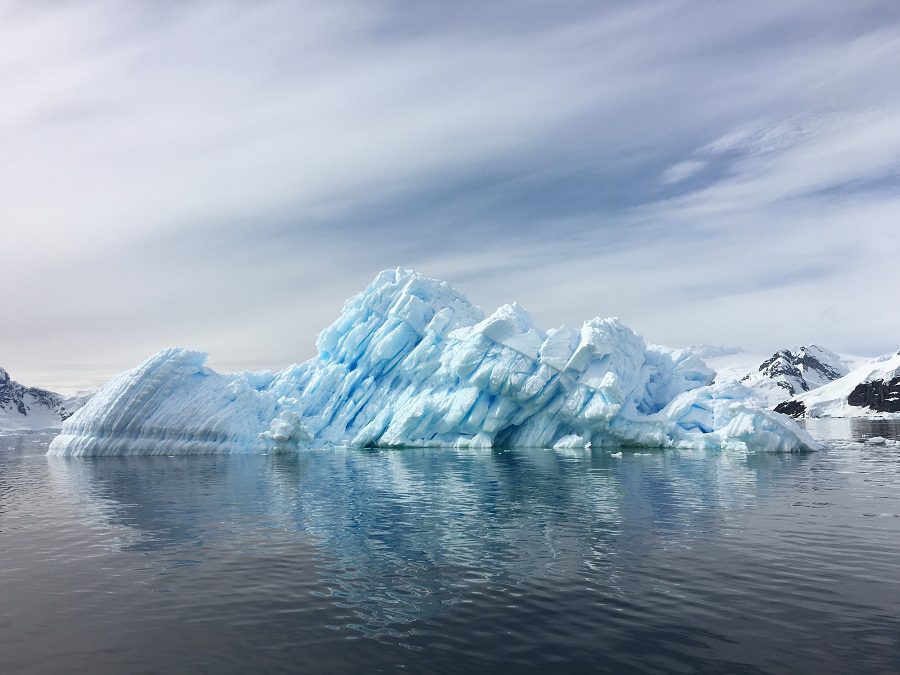Greenland is in more danger than we previously thought. The worst thing here is that we can’t do anything.
The rate at which the ice is evaporating from Greenland is being better understood by scientists: the rate of glacier melting in Greenland is 100 times more than anticipated. The accuracy of earlier models that utilized Antarctica as a baseline was wrong.
Discover the full story below and learn more about Greenland’s situation.
Huge Glacier Warning in Greenland
For years, people took the melt rate model for Antarctic floating glaciers and applied it to Greenland’s vertical glacier fronts; […] there is more and more evidence that the traditional approach produces too low melt rates at Greenland’s vertical glacier fronts, explained Kirstin Schulz, a research associate in the Oden Institute for Computational Engineering and Sciences at the University of Texas at Austin.
Researchers were previously aware that their understanding of Arctic glaciers from Antarctica did not correspond perfectly.
However, Greenland’s glaciers are located at the endpoints of fjords where warm water undercuts the ice, making it difficult to approach their margins.
According to the experts, this results in dramatic calving episodes when pieces of ice the size of skyscrapers break into the water without prior notice, causing mini-tsunamis.
So, now based on a new model that accounts for the particular interaction between ice and water in the island’s fjords, Greenland’s glaciers are melting 100 times faster than previously thought.
How’s that possible?
Researchers explain that the ocean circulation near the glaciers and farther out is driven by the mixing of cold fresh water from the glaciers and warmer seawater; therefore, the melt has wide-ranging effects.
Sea levels might increase by 20 feet due to the Greenland ice sheet, which can store that much water (up to 6 meters).
Even if there’s nothing we can do to stop the melting process, we can still support researchers’ work by believing in their projects because they’re actually fighting for a change!












Leave a Reply